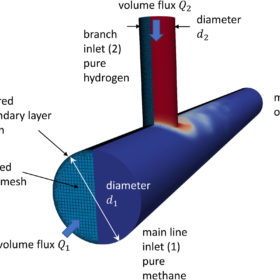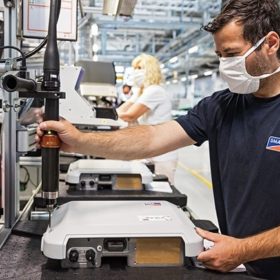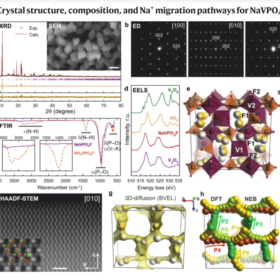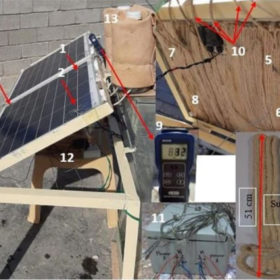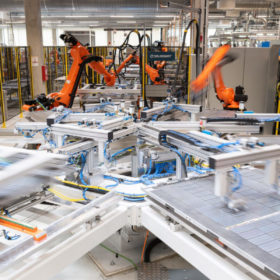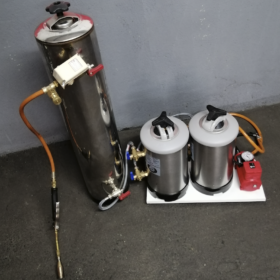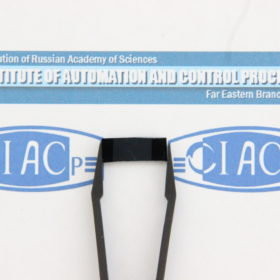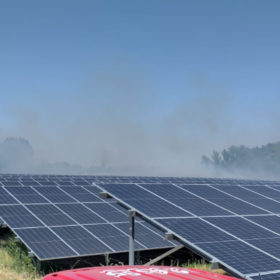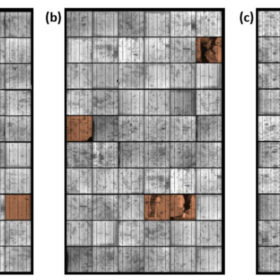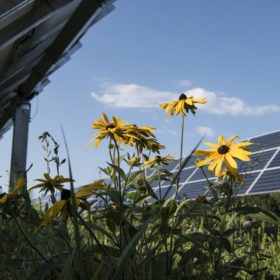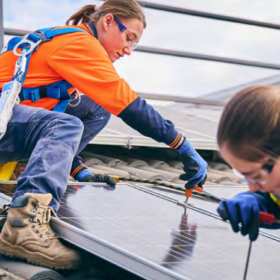Traditional hydrogen blending could damage gas pipelines, say researchers
UK researchers have revealed that gaseous hydrogen could cause problems in natural gas pipelines, while electrolyser manufacturer Nel has announced plans to build a second production line in Norway.
Supply chain difficulties translate into losses for SMA
SMA’s Home Solutions segment was particularly badly hit as the PV inverter manufacturer struggled to meet the demand due to the shortage of materials. The sales and results in the first half of 2022 were therefore significantly worse than in 2021. The company now wants to take “a series of measures to improve its long-term ability to deliver.”
High-voltage sodium-ion batteries with up to 15% higher energy density
Researchers in Russia have developed a new sodium-vanadium phosphate fluoride powder. It has a particular crystal structure that provides superior energy storage capacity in the battery cathode.
Cooling down solar modules with cotton wicks immersed in water
The novel technique consists of attaching cotton wicks immersed in the water (CWIWs) to the backside photovoltaic module. The water is supplied to cotton wicks from top to bottom by gravity which the scientists said helps the effective absorption of cotton and reduces water consumption.
Solarwatt obtains ‘cradle-to-cradle’ certification for its glass-glass solar modules
The ‘cradle-to-cradle’ certification is considered a globally recognised holistic product quality standard. The assessment is made for five categories: material health, recyclability of materials, energy management and CO2 emissions, water management and social responsibility
Update: New tech to produce hydrogen from tap water
A Spanish scientist has developed a system that reportedly produces hydrogen on-site without expensive electrolysis. The prototype utilises a water tank that is initially filled with water, ferrosilicon, and sodium hydroxide.
New kind of black silicon shows improved light-trapping properties
Scientists in Russia have developed a new wide-band optical absorber called ‘black silicide’ which they claim is more adjusted to match AM-1.5 solar spectrum with theoretically higher photogenerated current density. It could be used for tandem operation in photovoltaic devices.
Heat wave sparks fire at solar park in the Netherlands
The fire affected an area of around 5,000 square meters but did not damage the solar panels. The local fire brigade was able to control the fire in around two hours.
Small cracks have negligible effect on solar cell performance
A team of researchers from the United Kingdom have found that crack percentages of up to 11% have a very limited impact on solar cell performance. They also ascertained that hotspots are likely to arise when the crack percentage is in the range of 11 to 34%.
Novel method to turn existing solar parks into agrivoltaic facilities
An international research team has developed a new methodology to increase levels of pollination at ground-mounted solar plants. It involves the development of new vegetated land cover below and around solar parks.
